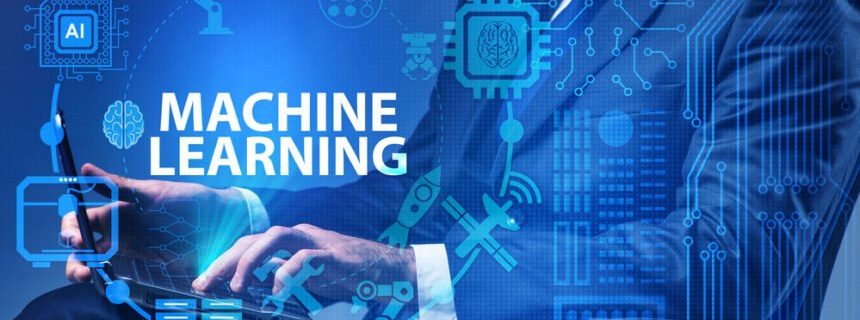Don’t Use ChatGPT to Write Articles. Use It For These Five Things Instead.
I Got Fit with ChatGPT: My Virtual Personal Trainer and Nutritionist The vast world of AI and its endless capabilities piqued my curiosity, leading me down a path less travelled. The journey I’m about to take you on isn’t about writing articles or churning out text; it’s a personal experiment that redefined my perspective on …
Read more “Don’t Use ChatGPT to Write Articles. Use It For These Five Things Instead.”









